-
 $24.991 × $24.99
$24.991 × $24.99

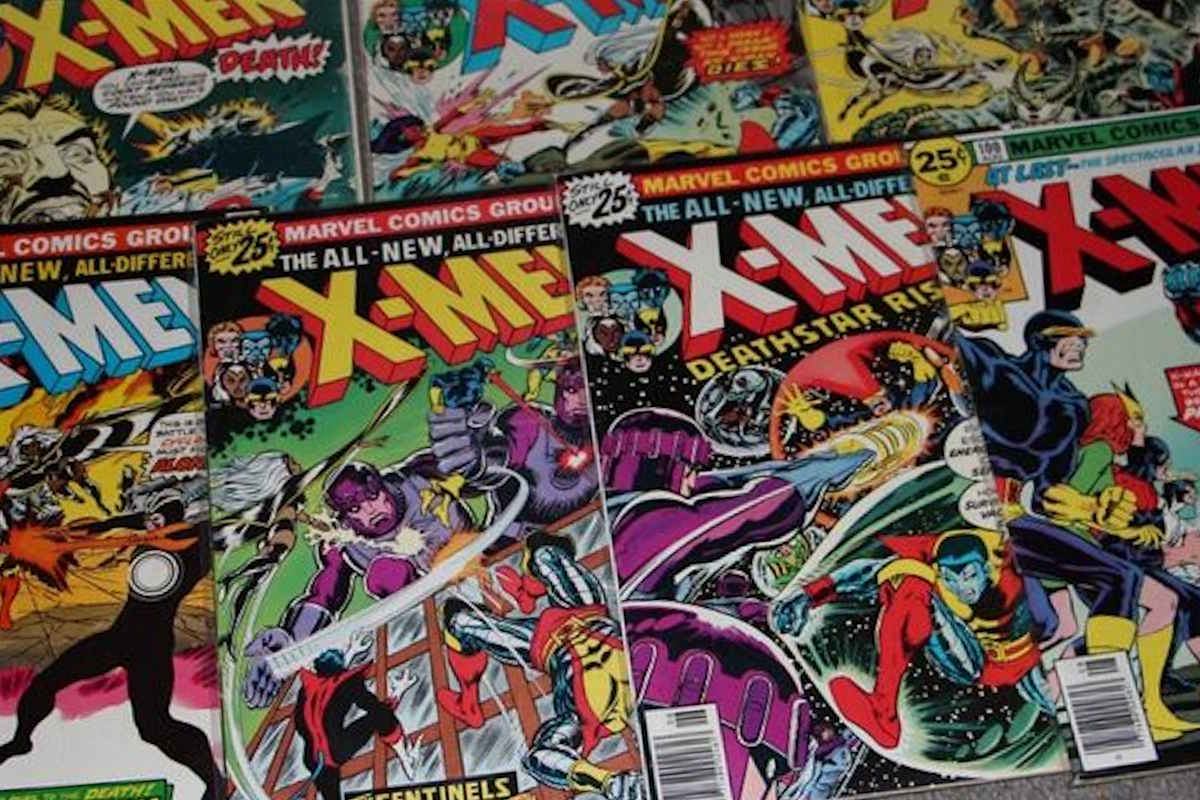
PSA is beyond dominant in the sports card grading space. They control the market. Sure. But they also helped the grading world grow exponentially.
So, no one is surprised that they are now entering the world of comic book grading. It is, after all, quite similar to sports card grading. Meanwhile, that market is populated by less stable and prosperous grading companies.
Indeed, we already heard this was happening in 2024. However, the fateful day is now upon us. PSA is officially opening submissions on July 14, 2025, right before San Diego Comic-Con.
CGC currently dominates the comic book grading world. PSA is strong enough to challenge them. However, victory is far from certain. The world of comic grading is significantly different.
It is more nuanced, and there is a good deal of loyalty to legacy players. So, what exactly is PSA bringing to the table? Is this good for the hobby? And can PSA dominate the comic book grading industry?
The timing is sensible, at least at first glance. Comic books are experiencing a surge in popularity thanks to blockbuster movies and TV series. That has added to a significant collector base willing to pay top dollar for high-grade issues.
As prices have skyrocketed, more people are into comics than ever, and grading is a time-honored tradition for enthusiasts.
PSA sees an opportunity to apply its decades of grading expertise to a new vertical. Nearly half of comic collectors also collect trading cards, so adding comics and magazines to our portfolio is a natural progression,” says Elizabeth Gruene, PSA’s General Manager of Pop Culture.
“We aim to leverage our trusted brand, sophisticated grading infrastructure, and recent technology investments to offer a distinct and valuable option for collectors in this space.”
But PSA isn’t naive. Gruene admits they’re the “new kid on the block” when it comes to comics, and CGC’s decades-long dominance and loyal customers can’t be ignored.
PSA’s approach is to build trust gradually, rather than trying to bulldoze the competition. That humility is refreshing, but it also hints at the uphill battle ahead.
To understand PSA’s opportunity, you must examine the incumbent, CGC. For years, CGC has been the near-monopoly in comic grading, building a loyal collector base and setting the industry standard.
But cracks have appeared. Recent months have seen significant downsizing at CGC, including the firing of popular community liaison “CGC Mike,” who was beloved for his transparency and customer interaction on the CGC Forums.
His removal sparked an outcry from collectors and a petition demanding his reinstatement, highlighting a growing rift between CGC management and its community.
Beyond personnel cuts, there are signs of financial strain. Submission numbers for comics have declined steadily since mid-2022, dipping below pre-COVID levels.
This trend correlates with a decline in comic book prices, making grading less attractive due to the relatively high fees and complexities involved in grading comic books compared to sports cards.
Inside the company, sources report that layoffs are affecting both support and grading staff, raising concerns about the quality of grading and customer service.
Higher quotas and fewer graders mean comics might be getting less careful attention. Worse, CGC has been recruiting inexperienced labor, including recent high school graduates to fill roles, raising concerns about the expertise in grading.
There are also troubling reports about workplace culture, including disgruntled employees unfamiliar with comics, inadequate training, and internal politics allegedly affecting promotions and quality control.
While these claims are complex to verify fully, the volume and consistency of complaints paint a picture of a company struggling to maintain standards.
Added to this is the fact that CGC was acquired by Blackstone Tactical Opportunities in 2021, an investment firm known for ruthless cost-cutting and a focus on profits over passion.
Employees describe management as being disconnected from the comic collecting community and focused solely on the bottom line, thereby eroding the goodwill that has been built over decades.
The result? A once-trusted grading giant that now risks alienating its core users just as PSA steps into the ring, ready to offer a fresh alternative.
One thing PSA did get right is their slab design. They spent over a year developing a proprietary polycarbonate holder for comics and magazines, which they say is “nearly unbreakable” and 250 times stronger than glass.
The slabs are also tamper-evident—if someone tries to open them, it leaves visible damage, such as frosting or cracking. That’s a direct response to criticisms CGC has faced around slab security.
One very important factor is the high UV protection to help preserve the condition of delicate paper collectibles over time. The slabs use polycarbonate material that blocks 99.9% of UV light, which is crucial because ultraviolet exposure can cause fading, discoloration, and deterioration of inks and paper fibers in comics and magazines.
By filtering out nearly all UV rays, PSA’s holders help prevent the sun or indoor lighting from accelerating aging or damage inside the slab. This kind of UV protection is especially important for rare or high-grade comics where maintaining vibrant colors and crisp pages directly impacts value.
To ensure accuracy, PSA also provided prototypes to collectors and gathered their feedback. They shared prototypes at events like San Diego Comic-Con and solicited feedback from dealers, influencers, and collectors.
This input helped them refine the slab’s size, so it matches CGC’s dimensions for compatibility with existing storage. That change came after the original prototype was too large and a lot of comic folks were put off by it.
There is no doubt that it was a win, helping the company earn the trust of potentially wary collectors.
PSA’s slabs also include multiple security features, such as fugitive ink patterns to prevent label washing, a special hologram, and QR codes for instant verification of certification. And yes, these slabs are stackable—just like PSA’s card slabs.
As for grading, PSA isn’t just copying their card scale. They created a new 1-10 grading scale with decimal points, which is better suited to handle the complexities of multi-page comics and magazines.
The scale ranges from FAIR to GEM MINT, with intermediate steps like VERY GOOD, FINE, and NEAR MINT. Magazines that achieve a perfect 10 receive a gold-colored slab flip, adding a nice touch for collectors focused on that category.
The differences show they bothered to research the comic world before jumping in.
One notable change in PSA’s comic book grading scale is the decision to eliminate the 9.9 grade, a step that CGC commonly uses as a near-perfect rating just shy of a 10.
PSA believes that removing the 9.9 helps cut through confusion and grading inflation that can muddy the market. Instead, their scale relies on precise, quantitative standards at each grade level to make distinctions clearer and more meaningful.
This means the leap from a 9.8 to a 10 carries more weight, preserving the prestige of the coveted “GEM MINT” 10. By doing this, PSA aims to offer collectors a grading system that’s easier to understand and trust, where a top grade truly stands out as exceptional.
PSA’s comic grading push is part of a bigger picture. PSA is a division of Collectors Universe, a collectibles giant that also owns PCGS (coins), WATA (video games), and SGC (cards), as well as analytical tools like Card Ladder and events such as the Long Beach Expo.
Collectors Universe has been busy expanding—acquiring SGC, partnering with eBay to run the PSA Vault, and Goldin Auctions—and their goal seems clear: create an ecosystem that covers every step of the collector’s journey, from grading and authentication to vaulting and selling.
This integration could be PSA’s ace in the hole. If they manage to offer a seamless experience from grading to vaulting to auctioning comics, they’d be providing a convenience no other comic grader currently does.
However, building that ecosystem is complex, and the comic book market has its quirks that might slow down adoption.
PSA is betting big on technology. They’re hiring machine learning experts focused on classification, regression, and machine vision to improve grading accuracy and counterfeit detection.
Their brand protection team already uses AI to sniff out fakes in cards, and they’re exploring how to apply that to comics.
On paper, this sounds promising. AI could help reduce grader bias and speed up processing. But comics are complicated—paper quality, restoration, signatures, and subtle defects aren’t always easy to catch with algorithms. There’s a risk that over-reliance on tech could miss nuances a seasoned human grader wouldn’t.
Collectors will be watching closely to see if PSA’s tech-driven grading can match the nuanced eye that comic graders have developed over the course of decades.
PSA’s humility in acknowledging CGC’s dominance is a positive sign, but it also highlights the magnitude of the challenge. Comic collectors aren’t just buying slabs—they’re buying trust in the grading company’s expertise.
PSA’s head grader reportedly has extensive experience in the comic industry, including time as a dealer and a professional at auction houses. That expertise is critical, but it’s only the start.
PSA must prove its grading standards are consistent and transparent. Their promise to provide population reports over time (though not at launch) is a step in the right direction for transparency.
Pricing and turnaround times will also be important considerations. PSA claims to offer competitive rates and prioritize customer service, but this remains to be seen in practice.
PSA isn’t stopping at comics; they’re also grading magazines—including iconic titles like Sports Illustrated. Sports card collectors might find this appealing, and PSA’s international reach opens doors to markets like manga in Japan.
The gold-colored slab flips for perfect 10 magazines add some flair, but magazine grading is still a niche compared to comics. It remains to be seen if PSA can grow this segment or if it will stay secondary.
More competition usually benefits collectors—better service, innovation, and potentially lower prices. PSA’s entry could push CGC and others to up their game, which is welcome.
That said, comics are a unique beast. Fragile paper, common restorations, and a collector base intensely loyal to CGC mean PSA faces an uphill climb.
For now, collectors will likely juggle slabs from multiple graders and closely monitor the certifications to see whose hold more weight.
PSA’s comic book grading launch on July 14, 2025, sets the stage for a new chapter in the hobby. Whether PSA becomes a serious competitor or just a niche alternative depends on how well they execute grading, build trust, and leverage their broader collectibles ecosystem.
If PSA can combine its tech edge, expert staff, and customer-centric approach, it could push the industry forward. However, missteps or overhyped technology could leave them as outsiders trying to muscle their way into a tight-knit market.
Either way, competition is good news. Collectors should keep an eye on grading consistency, pricing, turnaround times, and how well PSA’s slabs hold up over the years.
More options mean a more dynamic and transparent market, where collectors can feel more confident about their investments.
PSA’s entry into comic book grading isn’t just a new service launch—it’s a sign the comic hobby is growing up, attracting serious attention, and becoming more sophisticated.
But this story is just beginning, and the real test will come when the slabs start rolling out and collectors decide if PSA is the real deal or just another name in a crowded field.
I hit a SWEET auto from the #1 overall pick at PCB hobby
The Ultimate 2024 Football Card Brand Tier List (Panini vs. Topps and more!)
2025 Topps All Star Game Mega Box Product Review
Ripping the new Topps All Star Game mega box.
Is this new sports card store the BEST VALUE around?
I Tested eBay Auction Promotions So You Don’t Have To!
I deep-dove on Fanatics Collect so you don't have to (but should you?)
Panini is launching a WNBA Product at $30,000!?

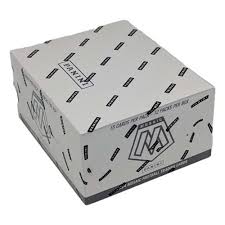
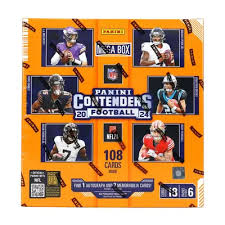
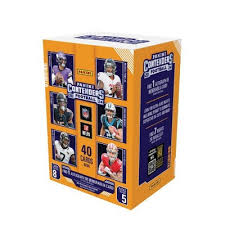
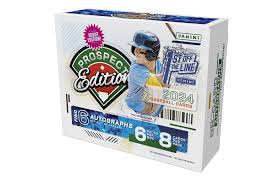


2022 Topps Heritage Baseball Blaster Box Configuration: 7 Packs per Box – 9 Cards per Box. Plus 1 extra pack.
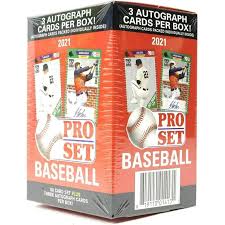
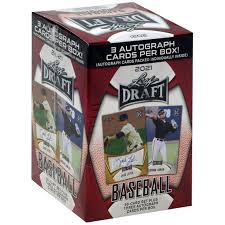

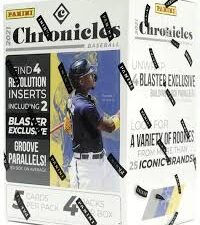

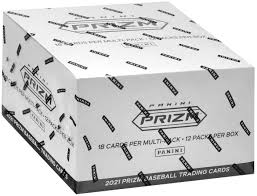

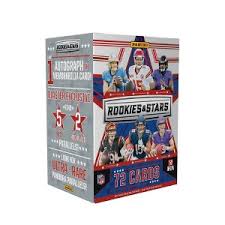

Keep up on breaking Sports Card News, our latest articles, product specials and exclusive content with expert analysis of hobby trends.

© Copyright 2025 - All rights reserved Cardlines.com / Media Techs LLC - Sports Card News, Reviews, Releases and BREAKS - #thehobby.
Important: When you click on links to various merchants on this site and make a purchase, this can result in this site earning a commission. Affiliate programs and affiliations include, but are not limited to, the eBay Partner Network.
Sports Card Scavenger Hunt! (5,000 Subscriber Special!)
Cardlines 18 hours ago